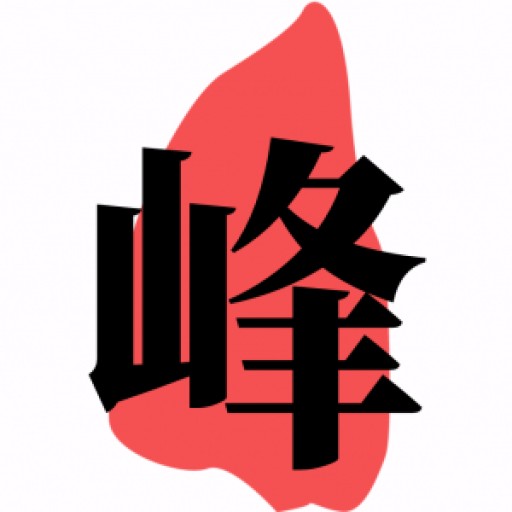Habit.
habit is a crucial factor in shaping our lives. It's about having a routine and a pattern of behaviors that are consistent over time. For instance, one could say, "He is not in the habit of drinking a lot." This implies that drinking in moderation is more aligned with his preferences.
We often fall into the habit of doing something as a result of our daily routines. For instance, "I've got into the habit of turning on the TV as soon as I get home." This indicates a habit of relaxation after a long day.
Hair denotes our hair on the head, and there are various terms to describe different parts of it such as hair band, hair clip, and haircut. A "nice haircut" can be a compliment for someone's appearance, while getting a "haircut" is a common practice to maintain one's look.
Half represents a portion of something, especially when it's equal to 50% of the whole. It's used in expressions like "half past one" for time, or when dividing things into equal parts.
Hall is a large room or space, often used for various activities such as gatherings or meetings. It's often found in schools, offices, or other public buildings.
Hamburger is a popular food item consisting of cooked meat and bread. It's often seen as a quick and convenient meal.
Hand refers to the limb that's used for grasping things and performing tasks. It's also associated with other actions like handing over or giving something. In sports, it's often used to describe the technique of throwing or catching.
Handbag is a bag that women or girls carry to hold their personal items. It's often made of leather or fabric and comes in various styles and designs.
Happen is a verb that denotes something unexpected occurring. It's used to express events that are outside one's control. For example, "You'll never believe what happened to me today at school." This expresses a past event that was unexpected and may be of interest to others.
Hard can be an adverb or an adjective. As an adjective, it means something that is difficult or strong. For instance, "The problem was quite hard to solve." On the other hand, as an adverb, it indicates an intense effort or strong effort, like when we say "We should work hard to pass the exam."
Hat is a headwear typically worn for protection from the sun or rain, or for fashion purposes. It can also be used as a symbol of status or profession.
Hate is a strong feeling that shows dislike for someone or something. It denotes a negative sentiment with strong emotional weight.
Have, in its various forms such as "have got", "had better," is used in several situations related to ownership, need, actionability, etc. It covers different concepts like possession and fulfillment.
未曾涉足中心的我不禁感到新奇与不同。
热的 [rè dī] 意味着热度
在炎炎夏日中,的气息让人感受到阳光的炙烤。
旅馆 [lǚ guǎn] 住宿之所
选择在旅馆中停留,是一种享受与放松的体验。
小时 [xiǎo shí] 时间的计量单位
电影在七点半开始,持续两小时的播放时间。
房屋 [fáng wū] 家的象征
我即将前往我阿姨的居所,期待着星期日的到来。
家务劳动 [jiā wù láo dòng] 家的日常琐事
尽管忙碌于家务之中,我们也在默默地守护着我们的家。
怎样、如何 [zěn yàng、rú hé] 表达询问与选择
虽然路途困难重重,但我依然想知道如何前行。
然而与不管怎样 [rán ér、bù guǎn yǒu wéi] 转折与坚定
不管面临怎样的困难,她依然坚持工作,并努力集中注意力。
巨大的 [jù dà dī] 描述事物之大
加拿大的广袤与大国的雄伟,令人惊叹不已。
人类的 [rén lèi dī] 人性的探讨
人性的探索与理解,是走向进步的重要一环。
幽默的 [yōu mò dī] 乐趣所在
在生活中,我们应追求更多的幽默与欢乐。
成百上千的 [chéng bǎi shàng qiān de] 表达数量之多
参与的人群众多,成就了这项工程的辉煌。
饥饿的 [jī è dī] 生存的困扰
在面前,饥饿让人脆弱而无法自拔。我们要珍视食物的重要性。
加快脚步、心急如焚
心怀焦急之态,需要立即加快行动的速度,寻找最佳的解决方法。
使心灵受创的 [hàn rǎn wèi tǒu de] 情感之痛
你的话语深深刺痛了他们的心灵,我们应更加注意言辞的伤害性。
受伤的 [shòu shāng de] 身体的创伤
他摔倒时背部受伤了,我们应该注意安全并保护自己免受伤害。
关心伤口的 [guān xīn shāng kǒu de] 情感支持
他伤势如何?我们应该给予他们关心与支持,帮助他们渡过难关。
丈夫 [zhàng fū] 的含义与角色
丈夫是人生旅途中的伴侣,是我们生活中不可或缺的存在。

